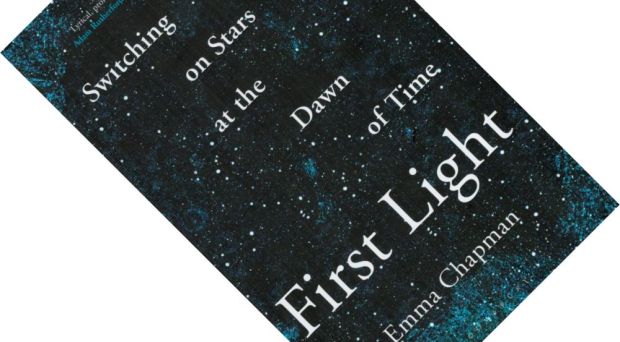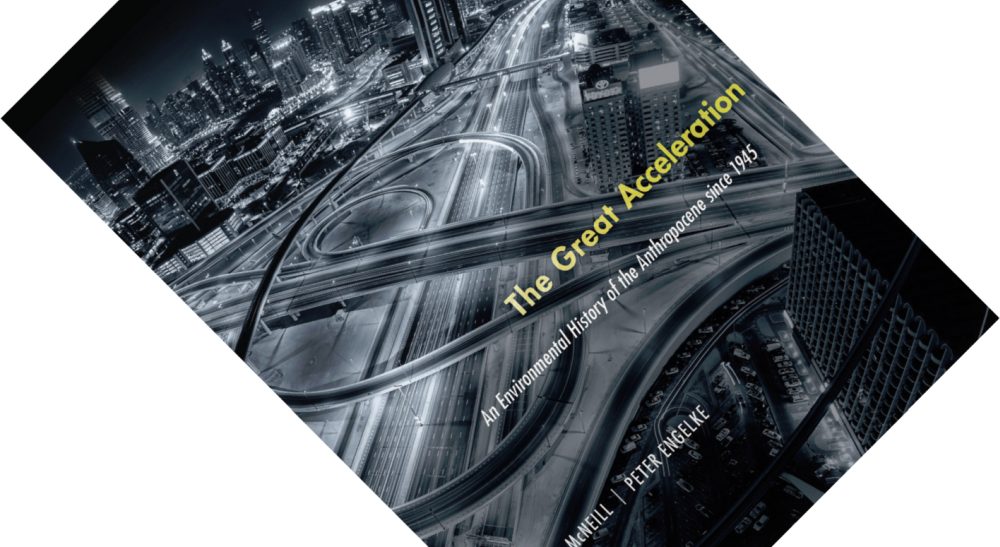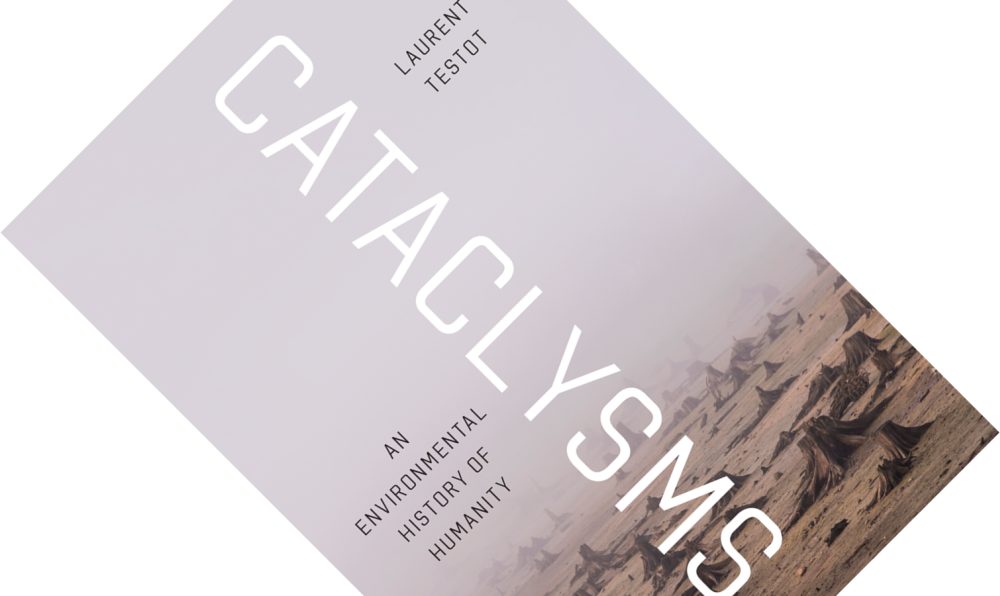7-minute read
Tantalum, tellurium, indium, niobium, germanium, dysprosium, rhenium, yttrium, neodymium, titanium, lithium, tungsten, cobalt. These are but some of the many chemical elements that are collectively known as rare metals. You will probably recognize only a few of them, but trace quantities are in products and structures all around you, making things stronger, faster, and lighter. They are used to make smartphones, laptops, and fibre-optic cables; but also cars, airplanes, and military weapon systems; and even photovoltaic panels and wind turbines. We live in the Rare Metal Age, writes natural resources strategist David S. Abraham here.
I have been meaning to read this book for ages. With the recent publication of Guillaume Pitron’s The Rare Metals War, now is the right time. Thus, this is the first of a two-part review dealing with these little-known elements that have silently come to dominate our lives.
 (more…)
(more…)









